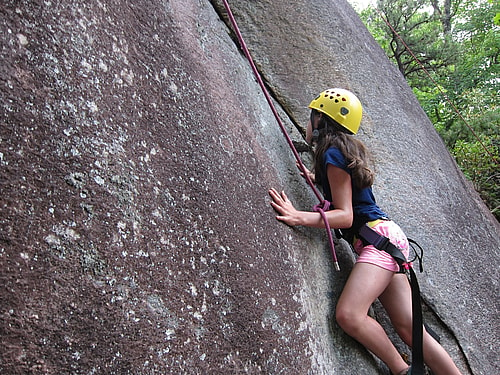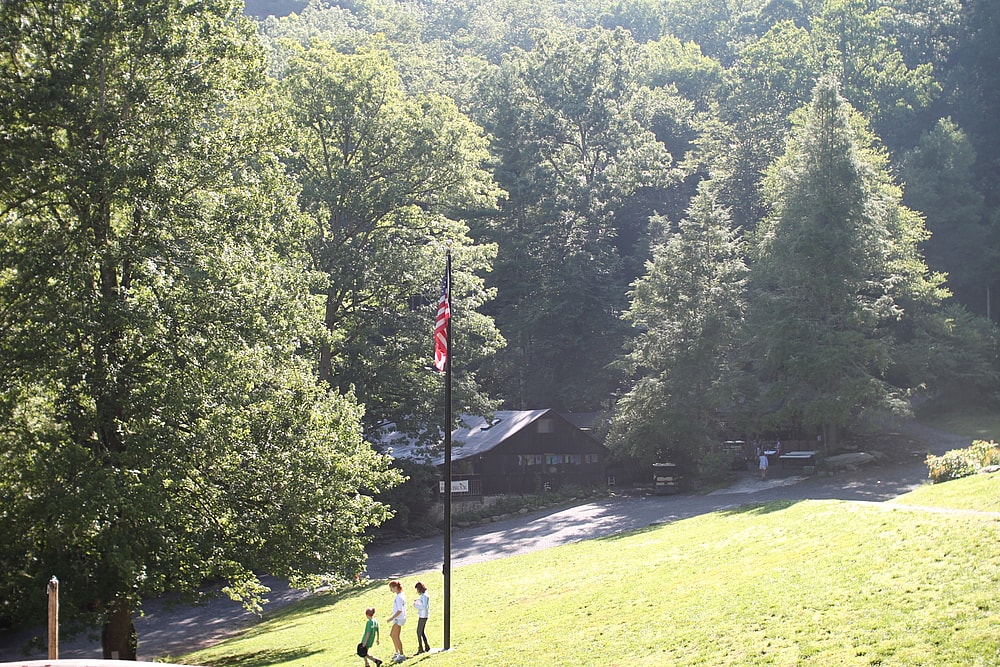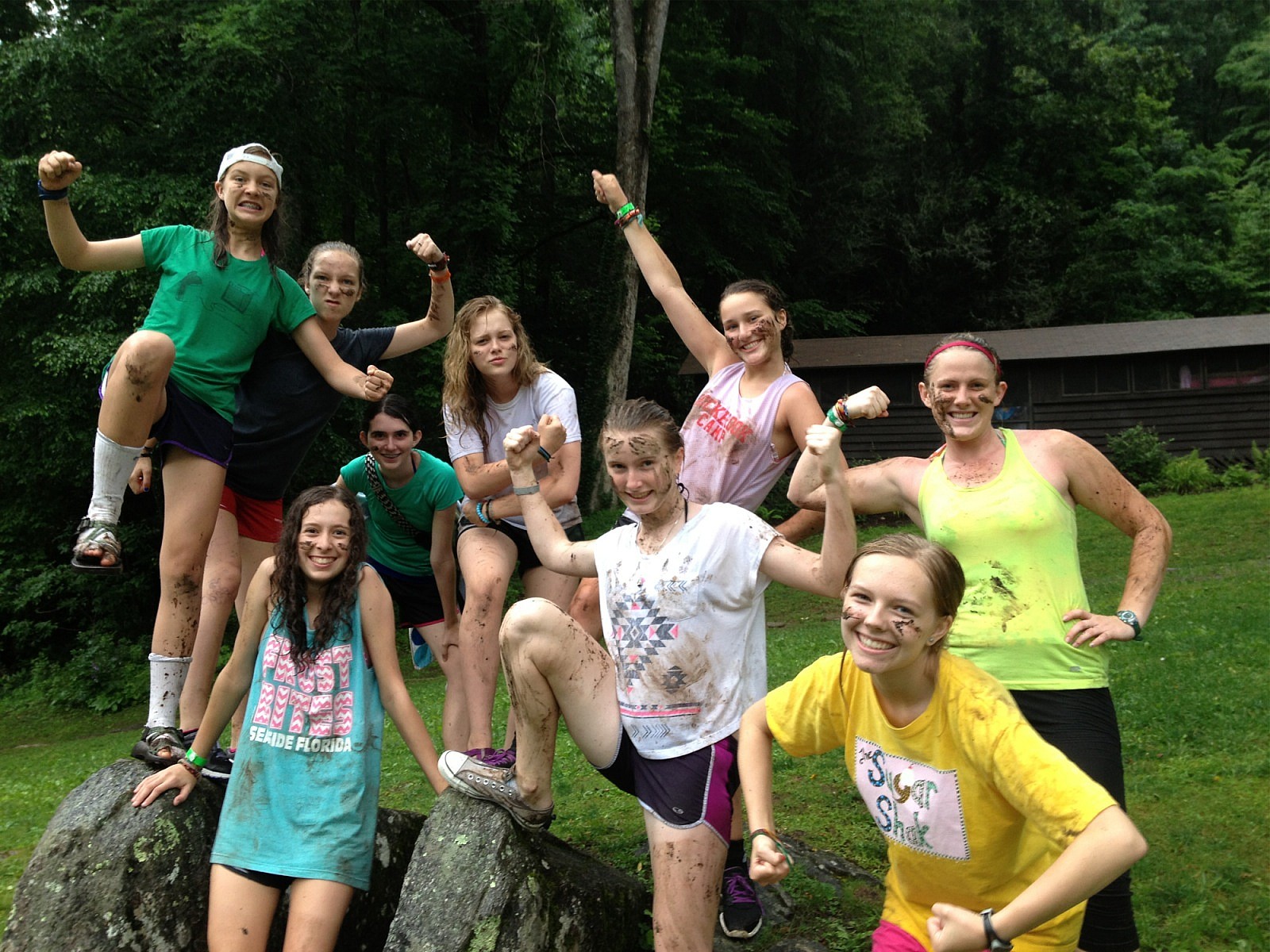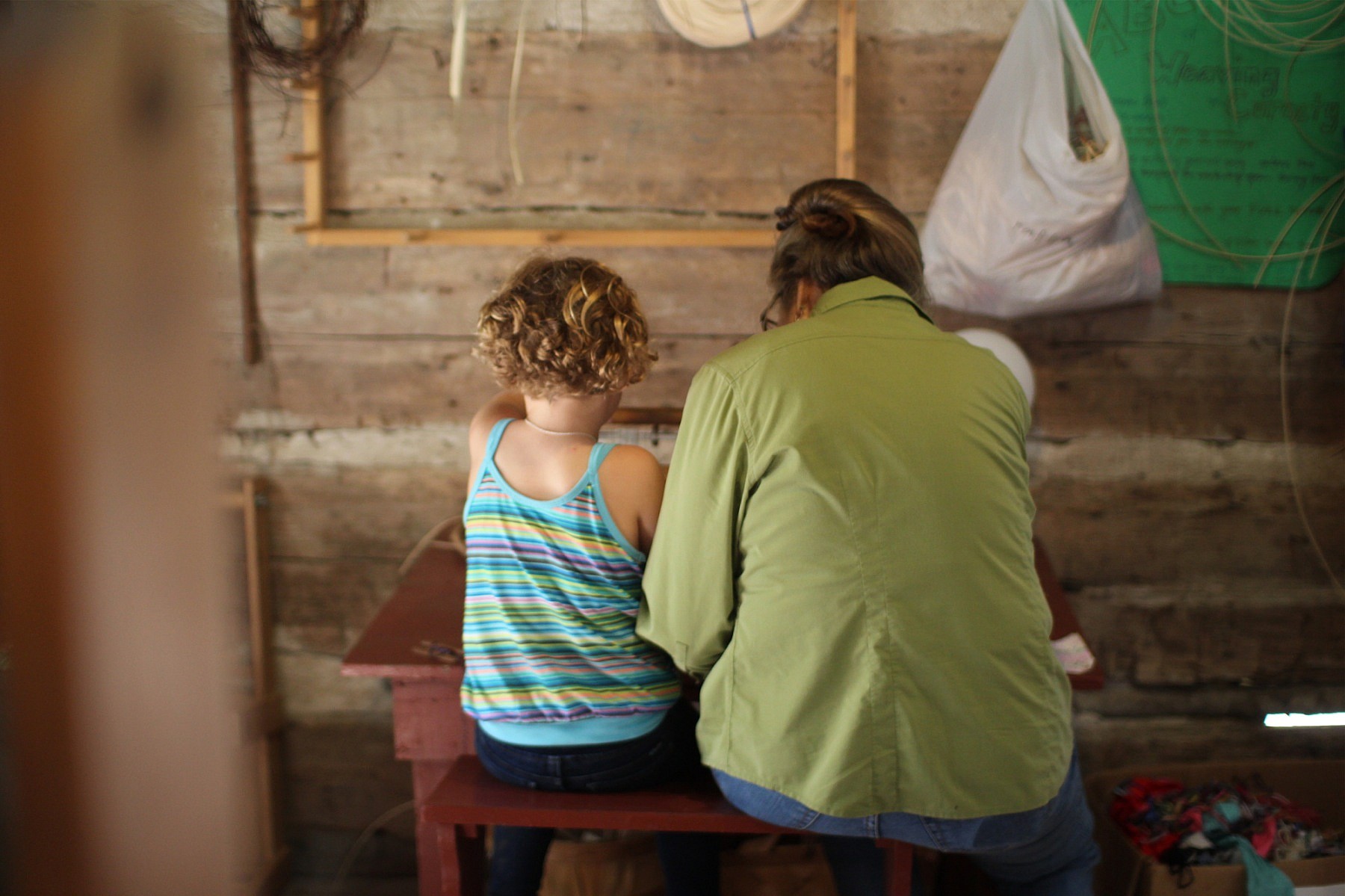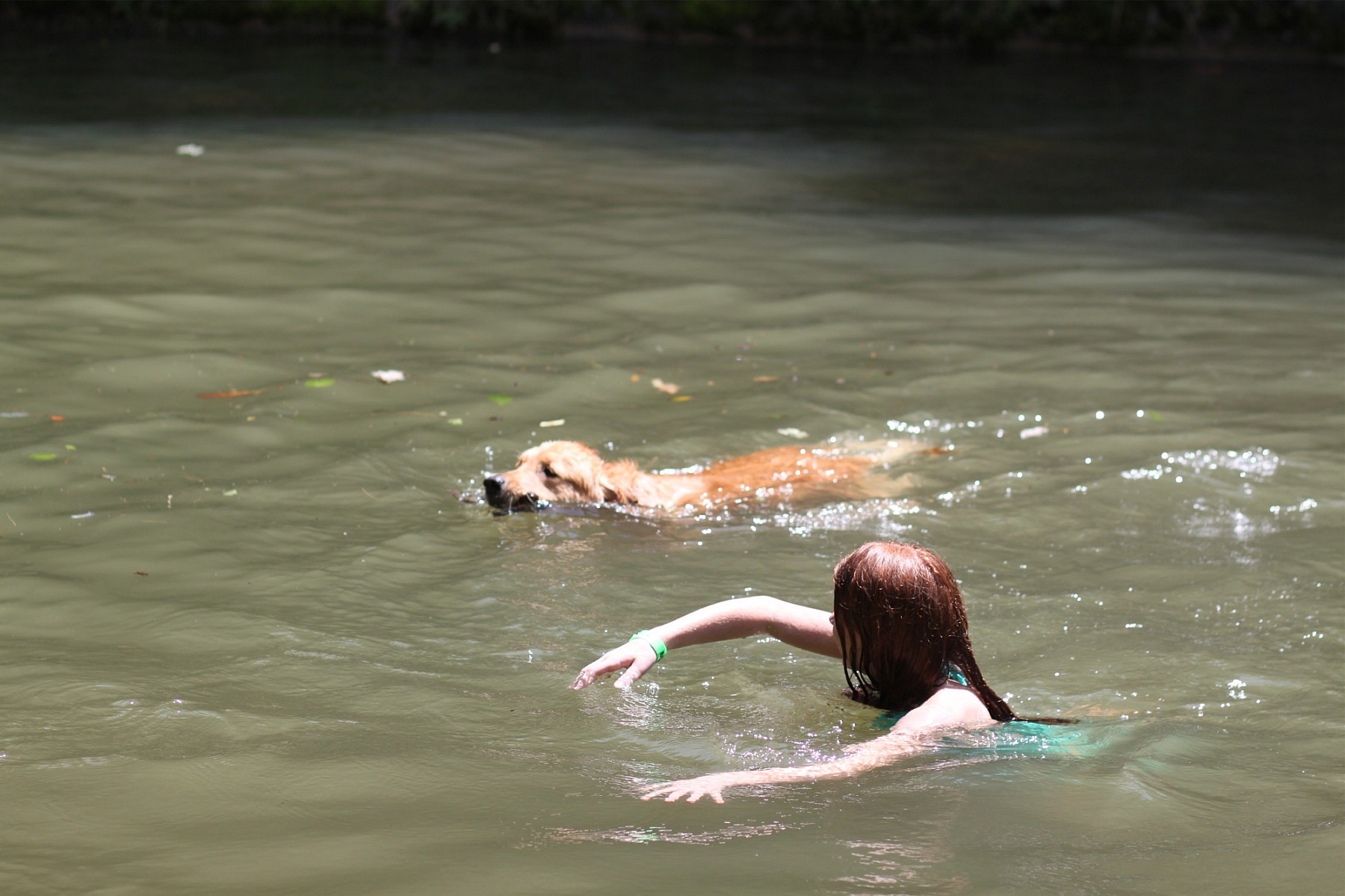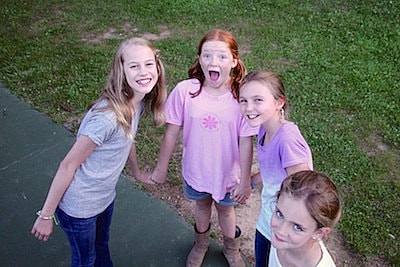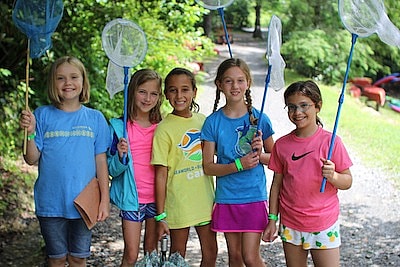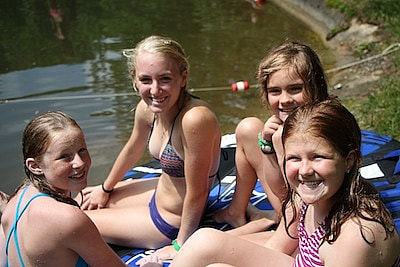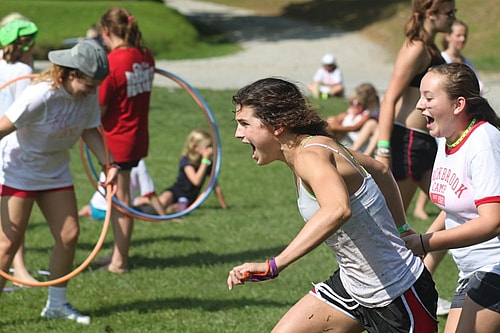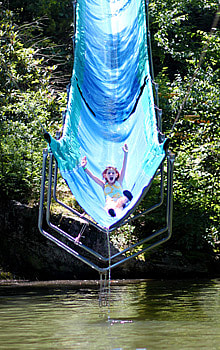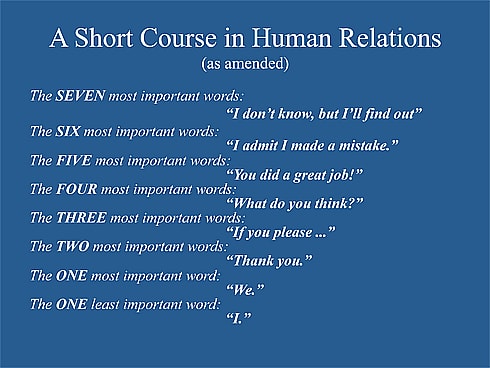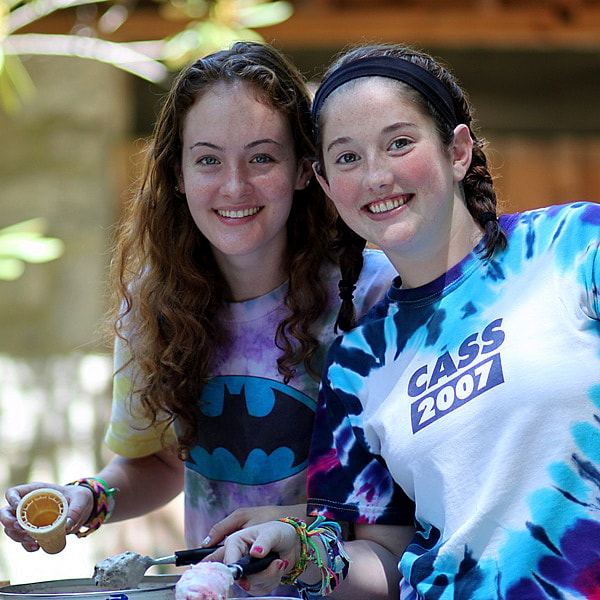We all have the potential to impact the world in a meaningful and lasting way. Learning who we are and what we have to offer takes time, patience, and thoughtful self-reflection. Taking a job at a summer camp, allow the following questions help you discover your own capacity for leadership.
1. Consider the concept of control as a leadership principle. Rather than attempting to control others, how can you enhance your ability to lead by controlling your own feelings and actions?
2. Challenges will help to define your leadership style. In moments of struggle, how will you remain disciplined enough to act in accordance to the purpose you’ve set forth for yourself?
3. Consider all the ways that your life has fallen into place at the exact right moment at the exact right time in the exact right order to lead you to this moment. Life has conspired to help you make an impact on those around you. How will your acknowledgment and gratitude toward these things impact who you are as a leader?
4. Your integrity and credibility define your ability to lead. List experiences when you intentionally allowed ethics to drive your actions.
5. A successful leader values others and keeps a constant awareness on what she can learn from them. How will you work to remain open to perspectives different from your own?
6. Altruism serves as a solid foundation for leadership. List how you put people first.
7. As a leader, you’ll dedicate your life to resisting your own immediate desires and shortcomings in favor of long term success. Consider your vices. How will you work to gain control over these?
8. Leadership begins with a strong belief in your work and an ability to communicate this meaning to others. What makes your work meaningful? How can you share this meaning with the world?
9. Effective leaders empower others by encouraging autonomy and mastery. What tools can you employ to help others feel independent?
10. Leaders choose meaningful, deep interactions over surface exchanges. How do you take an interest in people?
11. Effective leaders understand how to manage conflicting personalities. How can you reconcile people of divergent belief systems to create a cohesive group?
12. Negotiating a wavering sense self-assurance can greatly enhance your capacity for leadership; it promotes empathy and a sense of authenticity. How will you navigate your fears and feelings of self-doubt to enhance your ability to lead?




